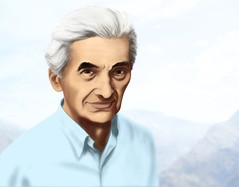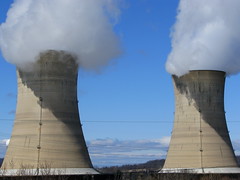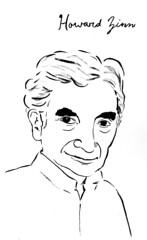 The last night of February 2010 has me looking forward and asking the difficult questions about just what I’m going to focus on, push myself to do that is new and innovative, and where I will take this here journalistic project as the year matures. What topic in what corner of the world do I feel needs better coverage, more explaining, and increased understanding on the international scale? What can I do? What is within my power, as a reporter with connections or in terms of making new contacts- to get more information to present to you reading this.
The last night of February 2010 has me looking forward and asking the difficult questions about just what I’m going to focus on, push myself to do that is new and innovative, and where I will take this here journalistic project as the year matures. What topic in what corner of the world do I feel needs better coverage, more explaining, and increased understanding on the international scale? What can I do? What is within my power, as a reporter with connections or in terms of making new contacts- to get more information to present to you reading this.
Naturally for the sake of learning and first hand reporting, I want to do more than bring you information from the comfort of my always interesting Amsterdam life… I want to travel. Nevermind wanting, when you’ve got family and a life in 2 other countries besides the one you dwell in, travelling isn’t a luxury it is a necessity somewhere behind food, shelter, and clothing on the life-list of what is needed. But while I’d normally be looking at flights to Portugal for the spring or summer to visit my family and take care of my responsibilities there, this year presents a bigger challenge than ever in the last 8+ years. While I’d like to fly off to New York to visit family and speak at The Next Hope this July, again looking at the options, it is looking increasingly unlikely.
Whether it is for good reasons or not, airlines across the board are raising their prices. With flights within Europe and crossing the Atlantic (that I know of) costing double what they did last year. And combined with a general decrease in my already extra-modest income this year, even flying at normal rates would have posed a budgetary challenge for this alternative voice in the media wilderness.
All this to say, suddenly the road ahead looks foggier than I had expected. And while ironically I’ll soon announce several exciting journeys to new corners of the globe, those will be funded by third parties. Because the truth is the combination of my intercontinental life choices, journalistic goals, and an economy that sees little monetary value in what I (or anyone these days) do.. makes for a very difficult road ahead.
What’s the plan then? I’m working on it…
 In keeping with the tradition started by
In keeping with the tradition started by  In two months time I expect to be traveling through Siberia and Mongolia. As I read up on the places I might pass through and what citizen journalism is going on there, I’ve run into the ongoing
In two months time I expect to be traveling through Siberia and Mongolia. As I read up on the places I might pass through and what citizen journalism is going on there, I’ve run into the ongoing 

 Robert McChesney and John Nichols are two people that have taught me alot about how the global media works and doesn’t work.
Robert McChesney and John Nichols are two people that have taught me alot about how the global media works and doesn’t work.